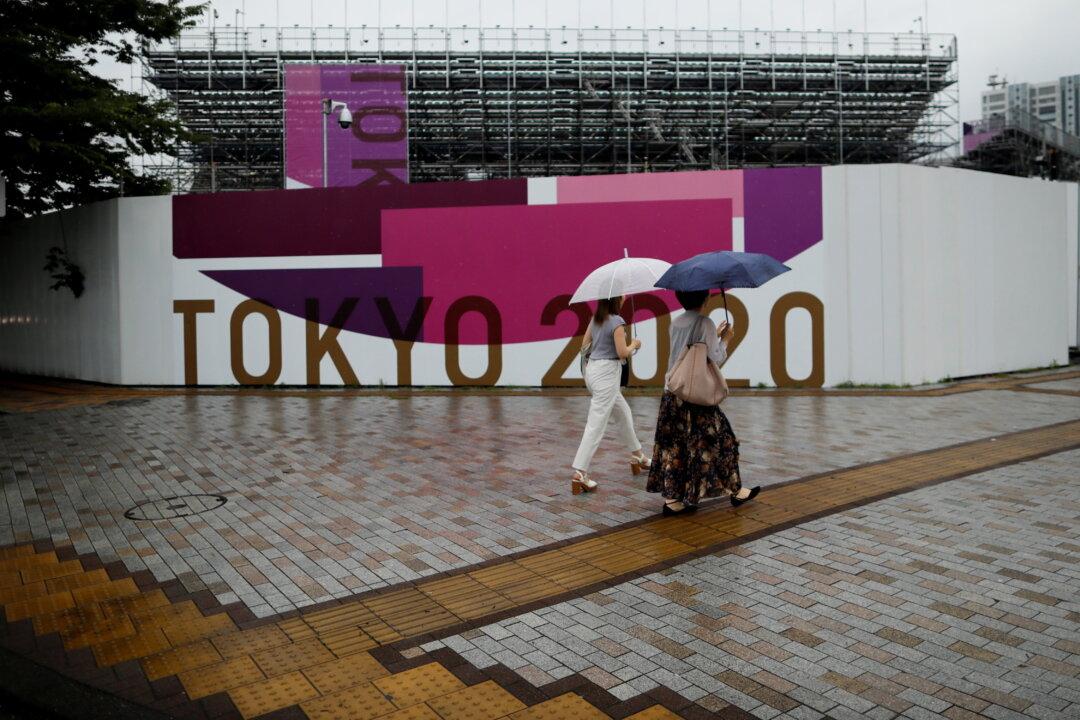TOKYO—The Tokyo Olympics will take place without spectators, organizers said on Thursday, as a resurgent pandemic forced Japan to declare a coronavirus state of emergency for the capital that will run throughout the event.
Although widely expected, the move marked a sharp turnabout from just weeks earlier, when organizers said they aimed to hold the global sporting showpiece with limited spectators.





